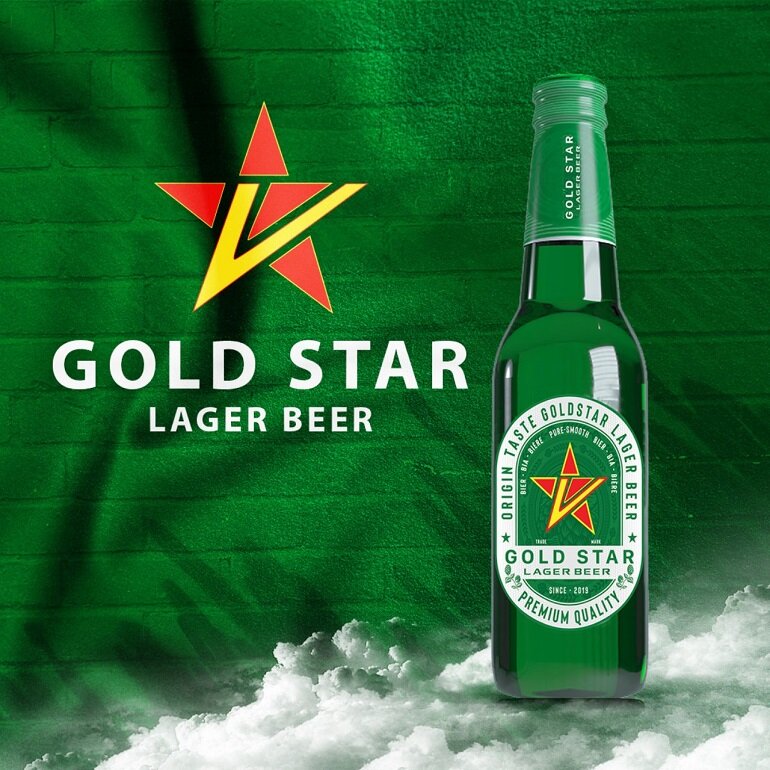Beer, one of mankind’s oldest drinks, is not only an indispensable part of parties and festivals but is also associated with the development of many civilizations around the world. From the first grains of barley fermented thousands of years ago to today’s complex craft beers, beer has had a long and exciting journey. In this article, we will explore the origins of beer, its development through the ages, and the innovations that have made beer a cultural and social symbol in modern life. Through every period of history, from ancient civilizations like Mesopotamia and Egypt to the great advances in brewing of the Middle Ages and the explosion of craft beer in the 21st century, we We will understand more about how beer has influenced the lives of people around the world.
The Origin of Beer: The Journey From Barley to Drink
The origins of beer can be traced back thousands of years ago, when humans began domesticating grains and discovered natural fermentation. It is believed that beer appeared in the Neolithic period, around 7,000 BC, in the civilizations of Mesopotamia and ancient Egypt. In Mesopotamia, beer was not only a daily drink but also considered a gift from the gods, playing an important role in religious ceremonies and royal banquets.

Ancient records, such as Gilgamesh’s epic poem and cuneiform inscriptions, describe how people used barley and wheat to brew beer, creating a nutritious and palatable drink. management. In Egypt, beer is also widely produced and consumed daily, not only for adults but also for children, because it is considered an important source of nutrition. Beer production during this period was mainly women’s work, and it was done in households. From these initial foundations, beer has gradually developed and spread across continents, becoming an indispensable part of the culture and life of many peoples.
Beer in Ancient Civilizations: From Mesopotamia to Egypt
In ancient civilizations, beer was not only a popular drink but also an indispensable part of social and religious life. In Mesopotamia, one of the cradles of human civilization, beer was considered a gift from the gods and played an important role in religious ceremonies and royal banquets. The people of Mesopotamia used grains such as barley and wheat to brew beer, and the process was recorded in cuneiform inscriptions, which describe natural fermentation to create a beer. nutritious drink. The epic poem of Gilgamesh, one of the oldest works of literature, also contains descriptions of beer drinking as a symbol of civilization.






